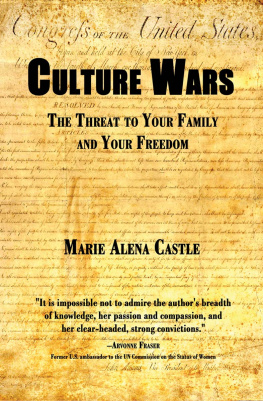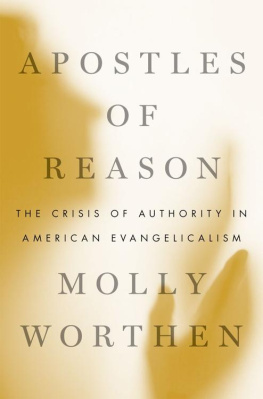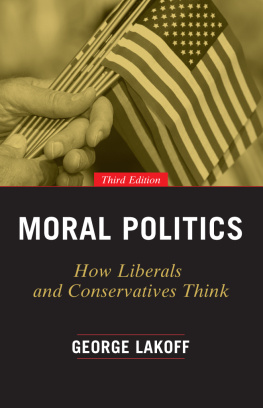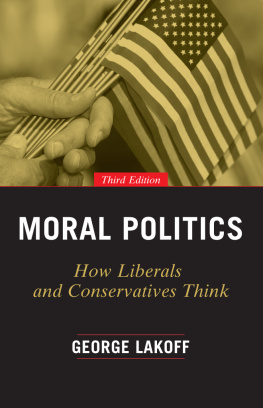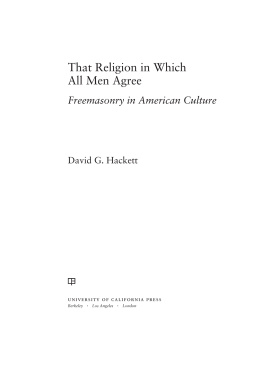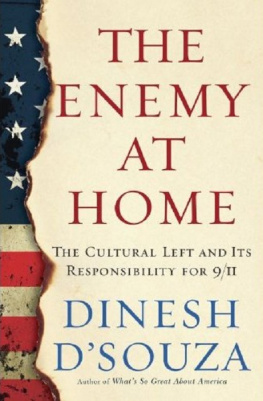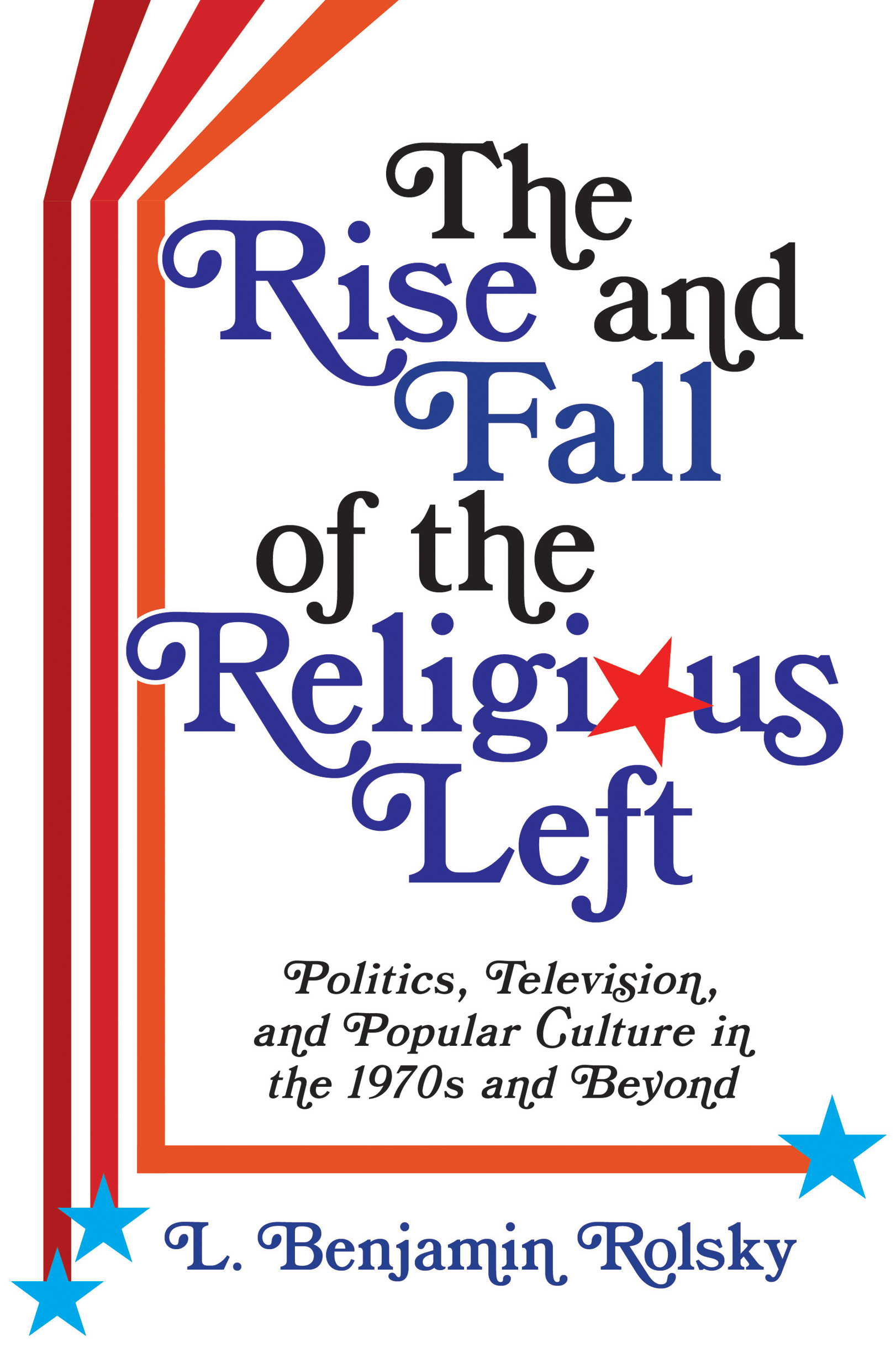Contents
Guide
Pagebreaks of the print version
The Rise and Fall of the Religious Left
COLUMBIA SERIES ON RELIGION AND POLITICS
COLUMBIA SERIES ON RELIGION AND POLITICS
The Columbia Series on Religion and Politics, edited by Gastn Espinosa (Claremont McKenna College) and Chester Gillis (Georgetown University), addresses the growing demand for scholarship on the intersection of religion and politics in a world in which religion attempts to influence politics and politics regularly must consider the effects of religion. The series examines the influence religion exercises in public life on areas including politics, environmental policy, social policy, law, church-state relations, foreign policy, race, class, gender, and culture. Written by experts in a variety of fields, the series explores the historical and contemporary intersection of religion and politics in the United States and globally.
Mark Hulsether, Religion, Culture, and Politics in the Twentieth-Century United States
Gastn Espinosa, ed., Religion and the American Presidency: George Washington to George W. Bush with Commentary and Primary Sources
Richard B. Miller, Terror, Religion, and Liberal Social Criticism
Gary Dorrien, Economy, Difference, Empire: Social Ethics for Social Justice
John M. Owen IV and J. Judd Owen, eds., Religion, the Enlightenment, and the New Global Order


Columbia University Press
Publishers Since 1893
New YorkChichester, West Sussex
cup.columbia.edu
Copyright 2019 Columbia University Press
All rights reserved
E-ISBN 978-0-231-55042-0
Library of Congress Cataloging-in-Publication Data
Names: Rolsky, L. Benjamin, author.
Title: The rise and fall of the religious left : politics, television, and popular culture in the 1970s and beyond / L. Benjamin Rolsky.
Description: New York : Columbia University Press, 2019. | Series: Columbia series on religion and politics | Includes bibliographical references and index.
Identifiers: LCCN 2019025148 (print) | LCCN 2019025149 (ebook) | ISBN 9780231193627 (cloth) | ISBN 9780231193634 (paperback)
Subjects: LCSH: LiberalismReligious aspectsChristianity. | Liberalism (Religion)United States. | Popular cultureUnited StatesHistory20th century. | Popular cultureReligious aspectsChristianity. | Lear, NormanInfluence. | Religious right.
Classification: LCC BR1615 .R65 2019 (print) | LCC BR1615 (ebook) | DDC 306.6/773082dc23
LC record available at https://lccn.loc.gov/2019025148
LC ebook record available at https://lccn.loc.gov/2019025149
A Columbia University Press E-book.
CUP would be pleased to hear about your reading experience with this e-book at .
Cover design: Noah Arlow
TO MY WIFE, LINDSEY, AND MY DAUGHTER, AUDREY JACQUELINE, who continue to make me the academic, and the man, that I am today
Our founders clearly intended that there be a level of separation between church and state. I was just trying to build a wall of understanding, of common senseto go along with the notion that its a poor idea to mix politics and religionand a good ideato back that caution with laws that make that clear.
Norman Lear, I Am a Jew and Proud of It
Contents
I n the fall of 1984, Harpers magazine hosted a spirited exchange of letters between renowned television producer and writer Norman Lear and then President Ronald Reagan. The magazine first published Lears letter to President Reagan followed by Reagans handwritten response to Lear. Dear Mr. President, Lear began, I am deeply troubled by what seems to be an endorsement of the so-called Christian Nation movement in many of your recent speeches. While I fully respect (and would fight to protect) your right to whatever spiritual and religious beliefs you prefer, I am concerned that you not use the office of the presidency as Evangelist in Chief or to further the notion that any particular group of Americans is to be accorded special standing because it practices any religion. Lear willingly accepted the fact that Americans, including the president himself, had the constitutional right to express themselves freely, yet he nevertheless thought that politically conservative religions were attempting to curtail those very same individual liberties in an act of religious tyranny. Mr. President, Lear elaborated, without freedom from religion we could have no freedom of religion.
The presidents prompt response assured Lear that he had no intention of representing what Lear called the Christian Nation movement in any of his social policy decisions. I certainly do not support the notion that any group of citizens is to be accorded special standing because it practices any religion, Reagan declared. The goal of our nation must always be to achieve the ultimate in individual freedom consistent with an orderly society. Despite Reagans philosophical differences with Lear, his description would prove quite prescient since his notion of an orderly society and the values and ethics through which it could be realized would contribute to defining two very important developments in late twentieth-century America: the emergence of the culture wars as both idea and social phenomenon and the terms of a new conservative consensus. Due in large part to the clarity of their respective positions, the argument between Lear and Reagan was nothing less than dramatic as a former television writer went head-to-head with a former actor over the means and ends of the orderly society in a pivotal moment in late twentieth-century America.
In many ways, Lears disagreement with Reagan was the product of nearly a decade of organizing and activism in defense of what was popularly referred to as the American Way. It also speaks to the liberal religious reliance on culture in order to make political claims about public life and how best to regulate it in contested times.
Lears religio-political work became especially significant in these contests when he and other Hollywood writers sued the FCC (Federal Communications Commission), along with television networks NBC, CBS, and ABC, over a perceived curtailment of their freedom of expression as a result of adopting the Family Viewing Hour in prime time. Despite the largely conservative notion of family that would help mobilize a generation of voters, it was Lear who inaugurated the decade with his vision of family and family values as part of the federally protected public interest on network television. In this way, Lears activism was indicative of a broader style of organizing and argumentation commonly referred to as the Religious Left or Spiritual Left in American public life, a style that viewed the public square as its own creation and one deserving federal protection and regulation in the name of the public interest.
Lears involvement in the entertainment industry drew his and others attention to the activities of conservative Protestants and their protests much earlier than many of the journalists, academics, and political commentators who would later encounter them in the public square as part of a story or formal study of the Christian Right.
Due to the publicity and character of Lears arguments, his religio-political writings and activism were defended vociferously throughout the 1970s and 1980s by interfaith organizations such as the National Council of Christians and Jews (NCCJ) and mainline Protestant organizations including the National Council of Churches (NCC) and the Christian Century .


